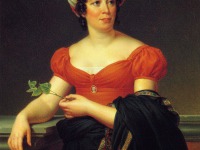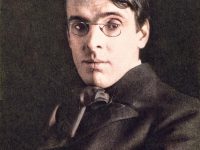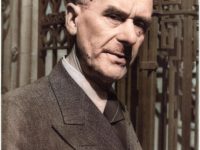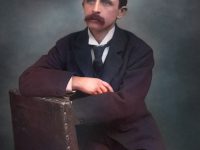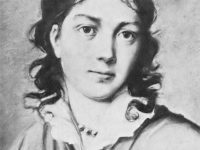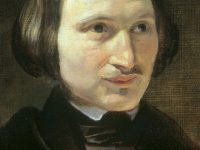The Conversational Eloquence of Madame de Staël
On July 14, 1817, French woman of letters of Swiss origin Anne Louise Germaine de Staël-Holstein, commonly known as Madame de Staël, passed away. She was one of Napoleon’s principal opponents. Celebrated for her conversational eloquence, she participated actively in the political and intellectual life of her times. Her works, both critical and fictional, made their mark on the history of European Romanticism. She was a remarkable woman, and not all men…
Read more

